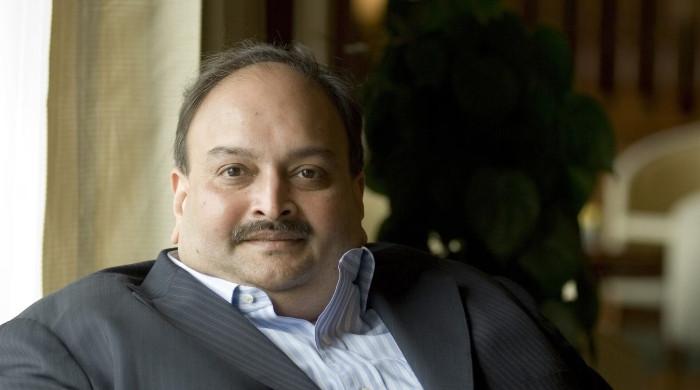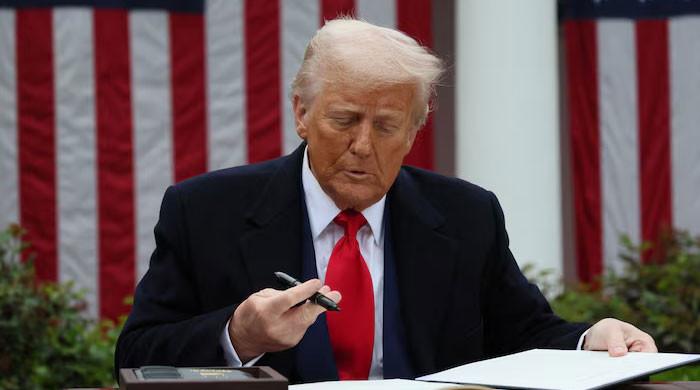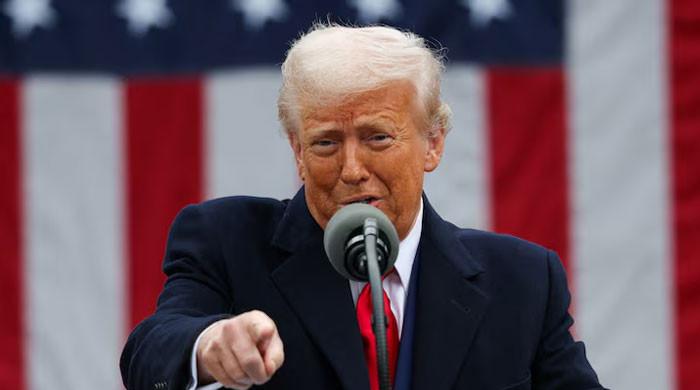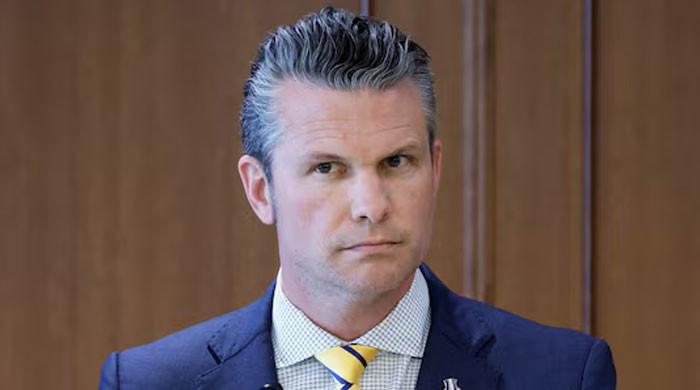Israel opens embassy in UAE, reestablishes ties with Morocco
UAE will also open its embassy in coastal financial centre Tel Aviv
January 26, 2021
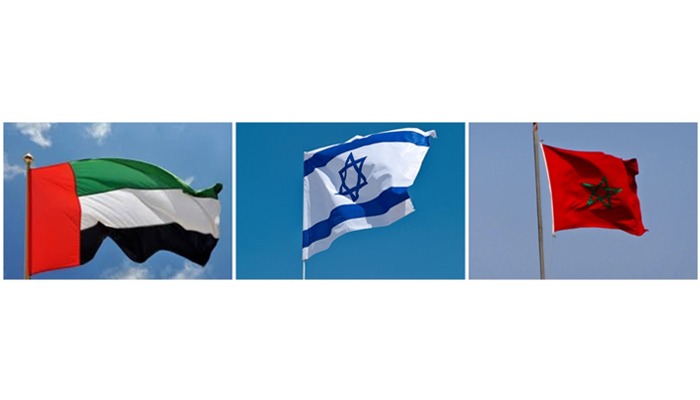
- Israel announced Tuesday it is re-opening its embassy in Morocco
- The two countries had cut diplomatic ties for almost two decades
- Israel also opened an embassy in the UAE; UAE to open mission in Tel Aviv soon
JERUSALEM: Israel on Tuesday announced the re-opening of its diplomatic mission in Morocco, two decades after the office closed, following an agreement between the two countries to restore diplomatic ties.
Head of Mission David Govrin, who was Israel´s ambassador to Egypt from 2016 to 2020, has arrived in Rabat and "will work towards the continued advancement of bilateral relations," a foreign ministry statement said.
Morocco and Israel in December signed a US-brokered normalisation agreement in Rabat, with bilateral deals centring on direct air links, water management, connecting financial systems and a visa waiver arrangement for diplomats.
Morocco closed its liaison office in Tel Aviv in 2000, at the start of the second Palestinian intifada, or uprising.
The kingdom has North Africa´s largest Jewish community of about 3,000 people, and Israel is home to 700,000 Jews of Moroccan origin.
Israel opens embassy in UAE
Israel opened an embassy in the United Arab Emirates Sunday, its foreign ministry said, in a historic move four months after the Jewish state and the Gulf country normalised ties.
The embassy is the latest in Israel's diplomatic outreach to the Arab world, with a flurry of normalisation agreements and new deals with four countries over recent months.
"Today the Israeli embassy in Abu Dhabi has officially been opened, with the arrival of the mission head Eitan Naeh," the ministry said in a statement.
"The Israeli embassy in the United Arab Emirates will advance relations between the countries on all levels."
The UAE, along with Bahrain, signed a US-brokered deal in September to normalise relations with the Jewish state.
The agreements, known as the "Abraham Accords", shattered a longstanding Arab consensus that there should be no normalisation with Israel until it reaches a comprehensive peace deal with the Palestinians.
The Palestinians condemned the agreements as a "stab in the back".
The Israeli embassy in Abu Dhabi will be operating from "temporary offices" until locating a permanent facility, the foreign ministry statement said.
The mission will "expand the ties with the Emirati government, financial bodies and the private sector, universities, the media and more," it added.
Israel and the UAE have already signed treaties on direct flights and visa-free travel, along with accords on investment protection, science and technology.
Israeli Foreign Minister Gabi Ashkenazi welcomed the move, saying the embassy would "enable the expansion of bilateral relations between Israel and the Emirates for a swift and maximal implementation of the potential in these ties".
Ashkenazi also thanked the UAE "heir to the throne, His Highness Sheikh Mohammed bin Zayed, and my colleague and friend, Foreign Minister Sheikh Abdullah bin Zayed, for their leadership and hospitality towards our representatives".
UAE to open Tel Aviv mission
The foreign ministry announcement came shortly after the UAE said its cabinet had approved the establishment of an embassy in Israel, also a first.
The embassy will be opened in coastal financial centre Tel Aviv.
Ashkenazi welcomed the UAE decision, which he said: "will advance the warm ties between the states and peoples".
Traditionally, most diplomatic missions in Israel have been in Tel Aviv as countries stayed neutral over the disputed city of Jerusalem until its status could be settled in an Israeli-Palestinian peace deal.
Former US president Donald Trump smashed that taboo in December 2017 by recognising Jerusalem as Israel's capital and shifting the US embassy there from Tel Aviv the following year.
Israel considers the city its undivided capital, but Palestinians see the mostly Arab eastern part of Jerusalem, including the Old City with its holy sites, as the illegally occupied capital of their future state.






